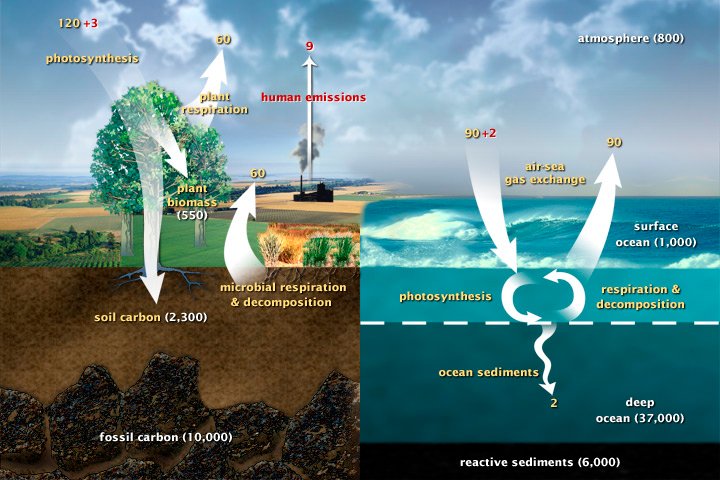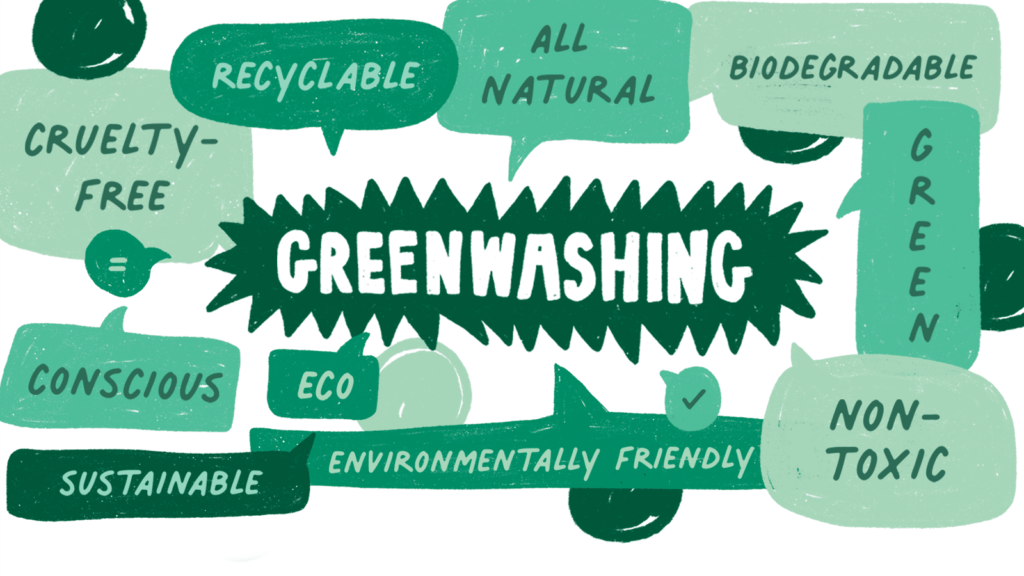The term “net zero” is now widely used in discussions about climate change. It refers to the goal of completely offsetting carbon emissions in order to meet targets set by the Paris Climate Accord. This concept is not only important for governments and organizations, but also for individuals who want to reduce their carbon footprint. However, many people don’t understand its true meaning and some use it incorrectly to appear environmentally friendly.

Net zero is a term used to describe the action of reducing greenhouse gas emissions and balancing any remaining emissions with removals. It was developed as a way to combat climate change caused by human activities such as deforestation and the burning of fossil fuels.
Humans have disrupted the natural carbon cycle by releasing carbon from the geosphere, leading to imbalances in the Earth’s system. This has resulted in higher global surface temperatures, causing more extreme weather events such as storms, droughts, and floods.

Greenwashing, which involves spreading misleading information about an organization’s environmental performance, has confused the public about which products, actions, and policies are actually in line with the goal of achieving net zero emissions by 2050.
Instead of focusing on reducing their own carbon emissions, many corporations and governments are relying on carbon offsetting as a way to meet their targets. However, this can be seen as a way for them to continue emitting greenhouse gases rather than truly decarbonizing their operations.
While the restoration of ecosystems and development of carbon removal technologies are important for reaching net zero, many of the carbon credits being used are either supporting existing forests without actually reducing emissions or creating monoculture forests that harm biodiversity and ecosystem health.

The idea of net zero focuses on reducing carbon emissions, but it overlooks the broader impact of institutions on society. The target of achieving net zero by 2050 implies that climate action can be postponed until the last minute, relying on future technology to magically solve the problem. This ignores the fact that climate change is caused by the gradual accumulation of emissions over time, and assumes that this technology will be both effective and fairly regulated.
The transition towards net zero emissions presents a chance to address environmental issues, promote fairness, and create positive outcomes. To achieve this, a broader and more inclusive approach is necessary to build a sustainable and equitable future.
Reference- National Geographic, JSTOR, BBC, NOAA website, Thomson Reuters Foundation






